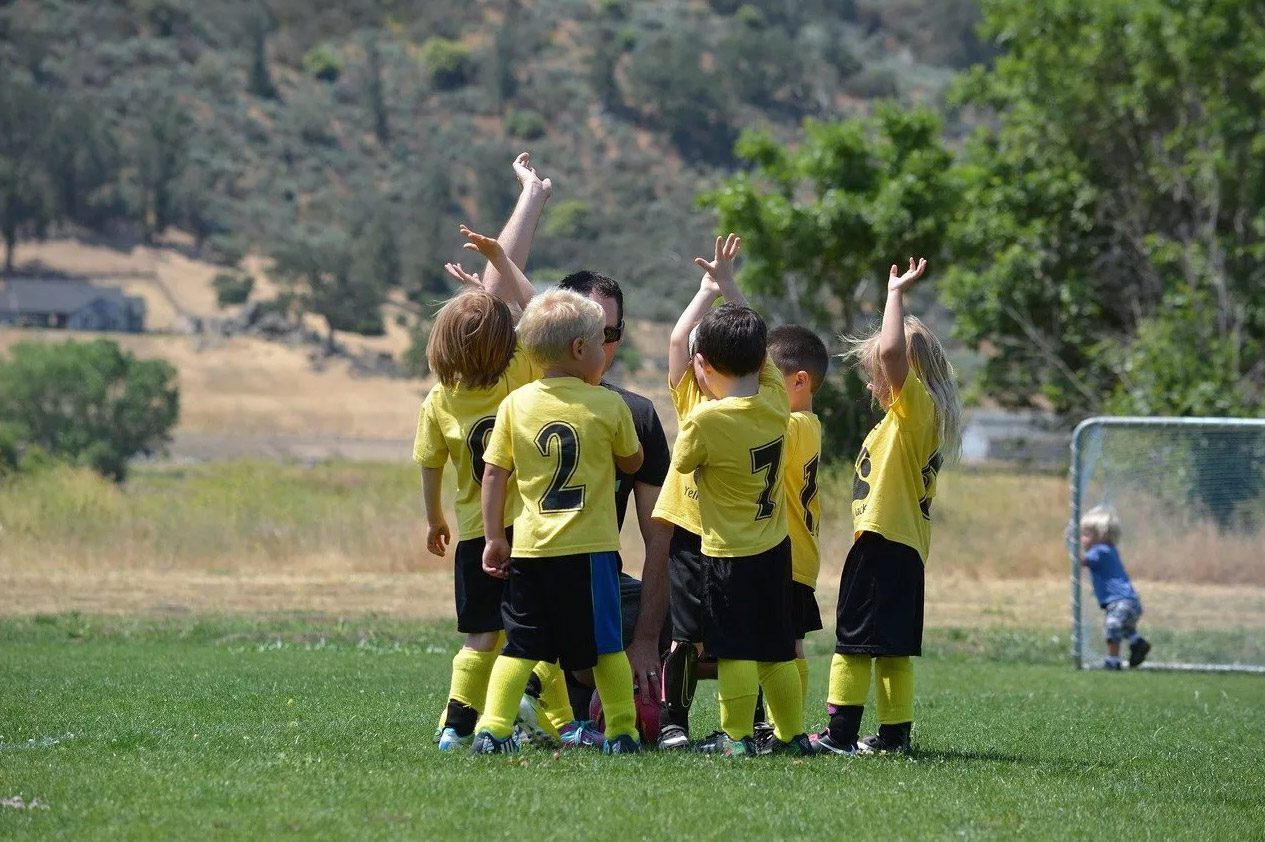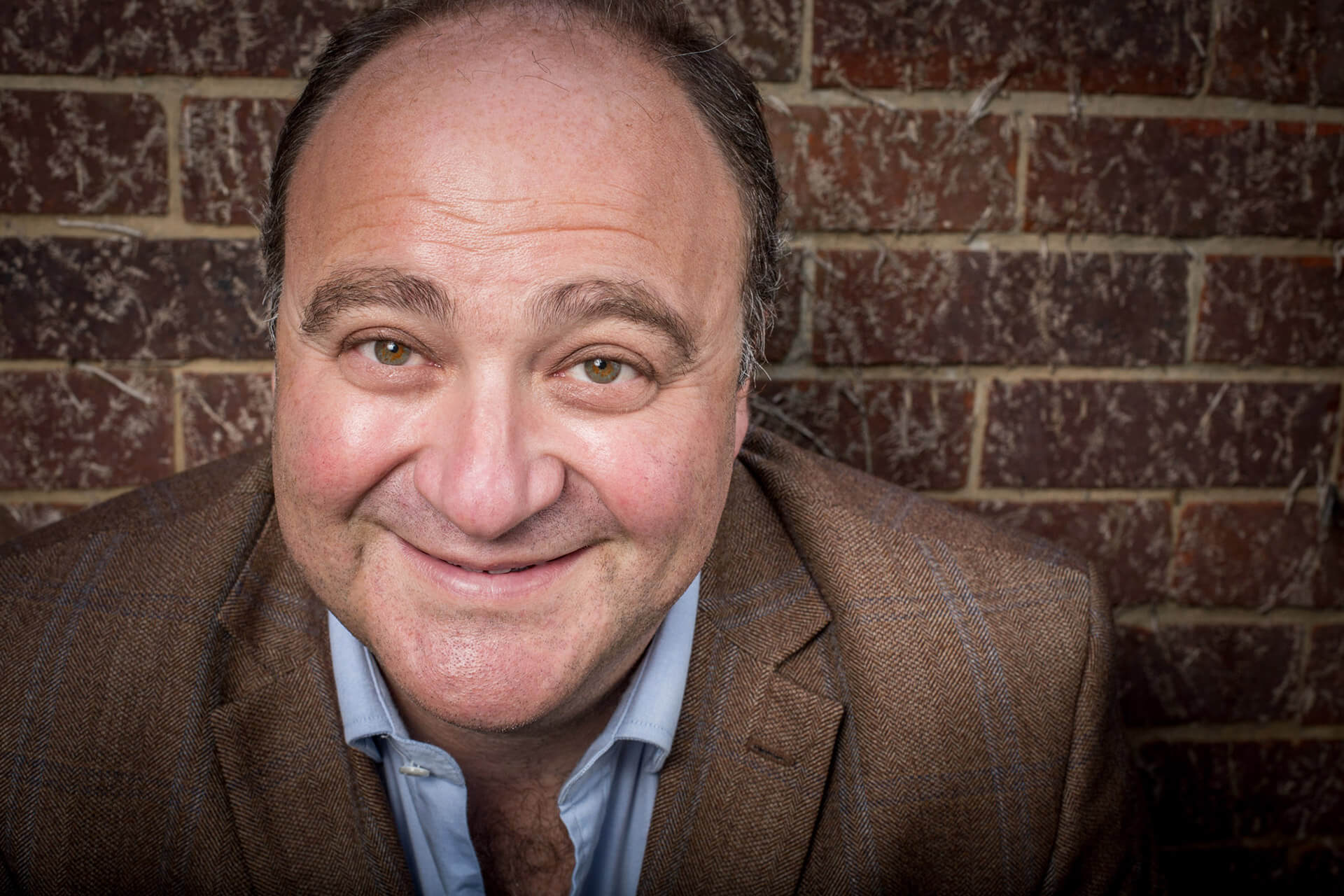Martyn Freeman looks at the parallels between teamwork in sport and business and the lessons they can learn from each other

With the Euro 2020 tournament reaching a climax, the British Lions tour underway, and the Olympics looming, my thoughts turned to the importance of teamwork. Teamwork is the magic ingredient for success in both sport and business and there are not only parallels between the two, but also quite a few lessons that one can learn from the other.
When we started to form Q3 from scratch over three years ago, I knew that success depended on creating the right team quickly. Yet, building a team is much, much more than rounding up a group of highly skilled individuals with outstanding talents and hoping they will perform miracles together.
They need to be individually great at what they do and they must be able to get on together and work collaboratively as a unit. But just because you pick the right people doesn’t mean you instantly create a team.
Too meld a group of individuals into a team you really need to understand their strengths and weaknesses, their skillsets and motivation. You need individuals who complement each other and cover each other’s weaknesses. Can you turn them into a team if you don’t have the right mix? Can you make it work with loads of training? I’m not so sure. There needs to be an intangible “something else”.
A team must complement the business you are building. They need to buy in to your goals and your objectives and share your vision. The team needs to understand what the business is about, believe in the ethos and the strategy …not just quoting the company values and ethics, but living them day-to-day. In his development of the current England team, it is interesting to see how Gareth Southgate has achieved just that, in a very short space.
Yet, he has ploughed his own furrow with team selection, choosing to ignore media questions of why he played a right-back at left back, or why he is leaving Grealish out of the starting line-up. The single-minded approach has left the pundits foaming at the mouth, but he understands his team and what they have to deliver, and the results have answered all the questions.
In rugby, Conor Murray has been selected as the Lions’ replacement captain, despite being a fairly quiet, reserved individual and having no experience of captaining either Ireland or his provincial side. I think the shrewd Mr Gatland knows the inner qualities of the man and the respect he has earned from the other players. Murray displays obvious leadership abilities and it’s on-field leadership the team needs, not necessarily a big personality.
Achieving a balance between individual flair and team contribution is a fine call in both sport and business. People need the freedom to be creative and imaginative and show a dare-to-be-different approach, unconstrained by the corporate culture or the “We’ve always done it this way!” mentality. At the same time, you can’t afford to have any loose cannons.
Fear of failure is one of the great bogeys of all sportsmen and women and likewise in business. When it manifests itself, people become anxious or tense and seize up because they are afraid and worried that they will mess everything up. It’s a downward spiral and a self-fulfilling prophecy, because the end result is almost guaranteed failure. So, having the ability to remove the fear and quietly instil confidence, is an important part of any leader’s armoury. We have seen that in the England football team, where one small, initial success can build on another, to make the team feel unstoppable.
The interesting comparison between FM and sport, is that both are in a way, in the service industry. Footballers and the like don’t make a product, but apart from the event and the job they do, they generate an excitement, a feel-good euphoria and pride for millions of people. A bit like FM then!
And for teams like this, success isn’t all the responsibility of the front-line people. In sport, there is usually an extended team of back-room staff – physios, dieticians, specialist coaches, sports analysts and scientists, – even ground-staff, security and admin, without whom the whole performance wouldn’t get off the ground. And in FM likewise.
The one great lesson that sport can teach FM is, never to rest on your laurels. In the modern world, standing still is not an option. We need be prepared to interchange and rotate to keep teams fresh. Working in the same role for several years is not a good recipe for improving creativity, productivity, or innovation, in any situation. For this reason, I personally believe that when people have been in a post too long and become aware they are not adding value any more, then they have a duty to themselves and the team, to move on. We must accept that a short-term change, or injection of fresh blood to mix things up, is actually a very good thing, as is internal competition. Three quality players chasing the same position will usually raise the game in all of them.
There is no worse feeling in sport or business than being caught up little by little, and then overtaken by an outsider who has taken you unawares. You’re on the back foot when someone steals your ground like this, and it makes the challenge of retrieving the lead doubly difficult. Complacency is fatal and change is the only way to avoid it.
As I finish writing this blog, there are just a few hours to go until another landmark game for the England football team. I hope the outcome is good for Gareth and his team and that he has had time to read my blog and take some advice from one who also missed a fair share of penalties in his time.
 Channel Islands
Channel Islands
